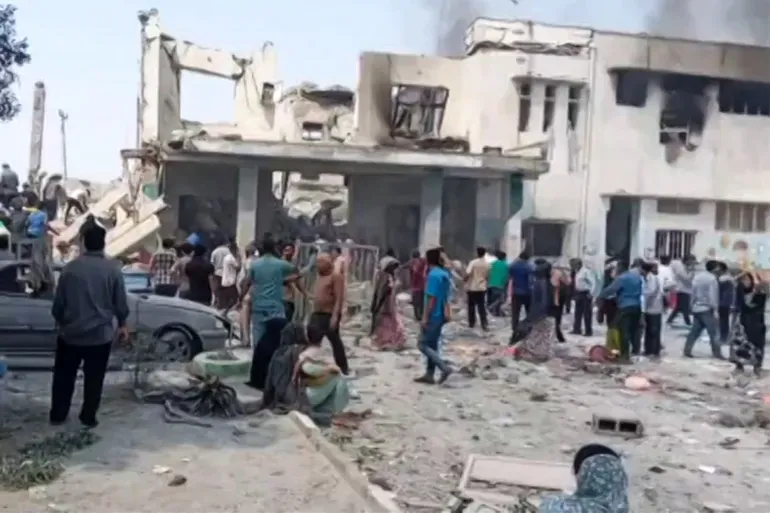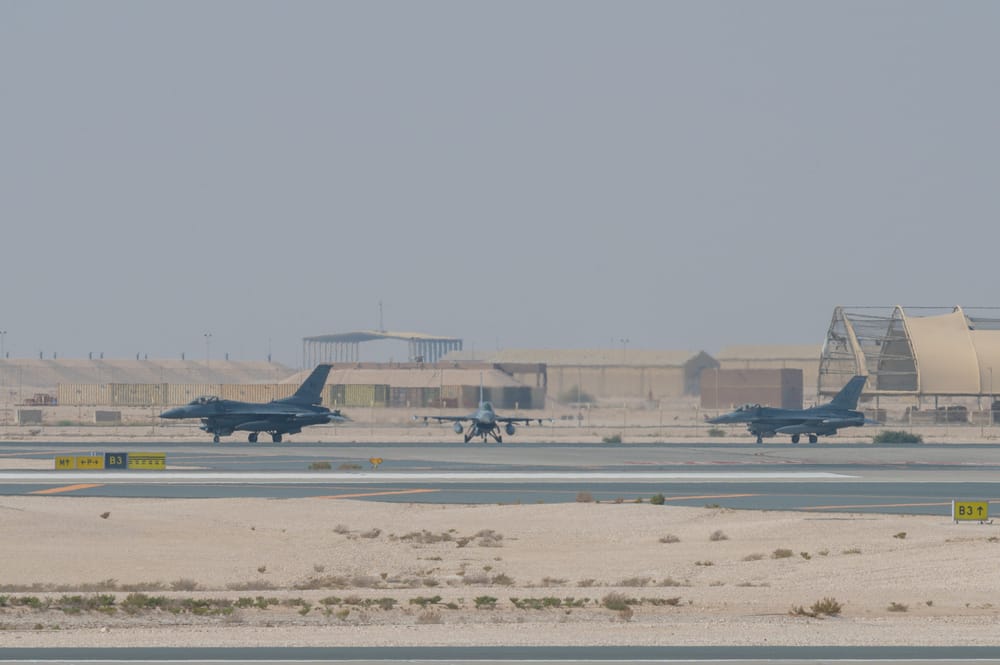Israel Launches Strikes on Gaza After Accusing Hamas of Ceasefire Breach and Hostage Remains Deception

The fragile ceasefire between Israel and Hamas collapsed into renewed violence on Tuesday, October 28, 2025, after Israeli Prime Minister Benjamin Netanyahu ordered what his office described as “immediate, powerful strikes” on Gaza. The decision followed accusations that Hamas had violated the U.S.-brokered truce by attacking Israeli troops in southern Gaza and staging the return of hostage remains in what Israel called a deliberate act of deception.
The strikes, carried out in Gaza City and the southern Rafah area, killed at least two people and wounded several others, according to Gaza’s civil defense agency. Palestinian media reported multiple airstrikes and artillery shelling, while residents described the sound of drones and explosions reverberating across the territory. The escalation has once again thrown into question the durability of ceasefire agreements in a conflict that has defied repeated international mediation efforts.
Ceasefire Unravels Amid Hostage Dispute
The immediate trigger for the strikes was a series of incidents that Israeli officials said constituted clear violations of the ceasefire. According to the Israel Defense Forces (IDF), troops stationed east of Rafah came under rocket-propelled grenade and sniper fire earlier in the day, prompting a firefight with Hamas operatives. Defense Minister Israel Katz vowed that Hamas would “pay a heavy price” for the attack, calling it a red line that Israel could not ignore.
Compounding the tensions was the discovery that remains returned by Hamas, purportedly belonging to an Israeli hostage, were in fact those of a captive whose body had already been recovered by Israel nearly two years earlier. Netanyahu’s office accused Hamas of staging the discovery in order to manipulate public opinion and undermine the ceasefire agreement, which included provisions for the return of hostages and their remains.
“This constitutes a clear violation of the Gaza peace agreement,” Netanyahu’s office said in a statement. “Israel will not tolerate such cynical exploitation of our hostages and will respond with great force to any breach of the ceasefire.”
Hamas denied responsibility for the sniper attack and rejected Israel’s accusations regarding the hostage remains, insisting that it was cooperating with Egyptian and international mediators in efforts to locate and return the bodies of Israeli captives. The group accused Israel of using the incident as a pretext for renewed aggression, pointing to what it described as more than 100 Israeli violations of the ceasefire since it came into effect earlier this month.
International Reactions and Diplomatic Fallout
The escalation has drawn swift international concern. The United States, which brokered the ceasefire alongside Egypt and Qatar, confirmed that it had been notified in advance of Israel’s decision to strike Gaza. A U.S. official told reporters that Washington was urging restraint on both sides but acknowledged that the situation had become increasingly precarious.
President Donald Trump, who has made Middle East diplomacy a centerpiece of his second term, called on Hamas to “act faster” in returning the bodies of deceased hostages and warned that continued violations could jeopardize international support for Gaza’s reconstruction. European leaders, meanwhile, expressed alarm at the renewed violence, with French President Emmanuel Macron urging both sides to “respect the commitments of the ceasefire and avoid a spiral of escalation.”
Egypt, which has played a central role in mediating between Israel and Hamas, dispatched additional envoys to Gaza in an attempt to salvage the truce. Cairo has also deployed equipment and specialists to assist in the search for hostages’ remains, underscoring the regional stakes of the conflict.
The United Nations condemned the strikes and called for an immediate return to dialogue. UN Secretary-General António Guterres said the events highlighted “the extreme fragility of the ceasefire” and warned that renewed hostilities could plunge the region into another cycle of devastating violence.
The Human Cost and the Road Ahead
For civilians in Gaza, the resumption of airstrikes has reignited fears of a broader conflict. Residents reported scrambling for shelter as explosions rocked neighborhoods already scarred by years of war. Hospitals, including Gaza’s Al-Shifa facility, said they were treating casualties from the strikes even as they continued to struggle with shortages of medicine and equipment.
The humanitarian situation in Gaza remains dire, with international aid agencies warning that any escalation could push the territory to the brink of collapse. The ceasefire had offered a brief respite, allowing limited humanitarian aid to flow in and enabling families to begin rebuilding shattered homes. That fragile progress now appears at risk.
In Israel, the discovery of the hostage remains has deepened public anger and grief. Families of hostages have long accused both the government and Hamas of politicizing their loved ones’ fate, and the latest revelations have only heightened tensions. Demonstrations erupted in Tel Aviv and Jerusalem, with protesters demanding stronger action to secure the release of remaining hostages and criticizing what they see as the government’s failure to deliver on its promises.
As of October 28, 2025, the future of the ceasefire remains uncertain. Israeli officials have signaled that further strikes are possible if Hamas continues to violate the agreement, while Hamas has warned that it will respond to any escalation with renewed attacks. The cycle of accusation and retaliation threatens to unravel months of painstaking diplomacy and raises the specter of a return to full-scale war.
For now, the international community is scrambling to prevent that outcome. But with trust between the parties at an all-time low and the humanitarian toll mounting, the prospects for a durable peace appear as distant as ever.
Written by Nick Ravenshade for NENC Media Group, original article and analysis.
Sources: CNN, Al-Monitor, CBS News, Times of Israel, ABC News, DW, Al Jazeera
Photo: Mohammed Ibrahim / Unsplash
Author

Nick Ravenshade, LL.B., covers geopolitics, financial markets, and international security through primary documents, official filings, and open-source intelligence. Founder and Editor-in-Chief of NENC Media Group and WarCommons.
Sign up for NENC Now newsletters.
Stay up to date with curated collection of our top stories.



